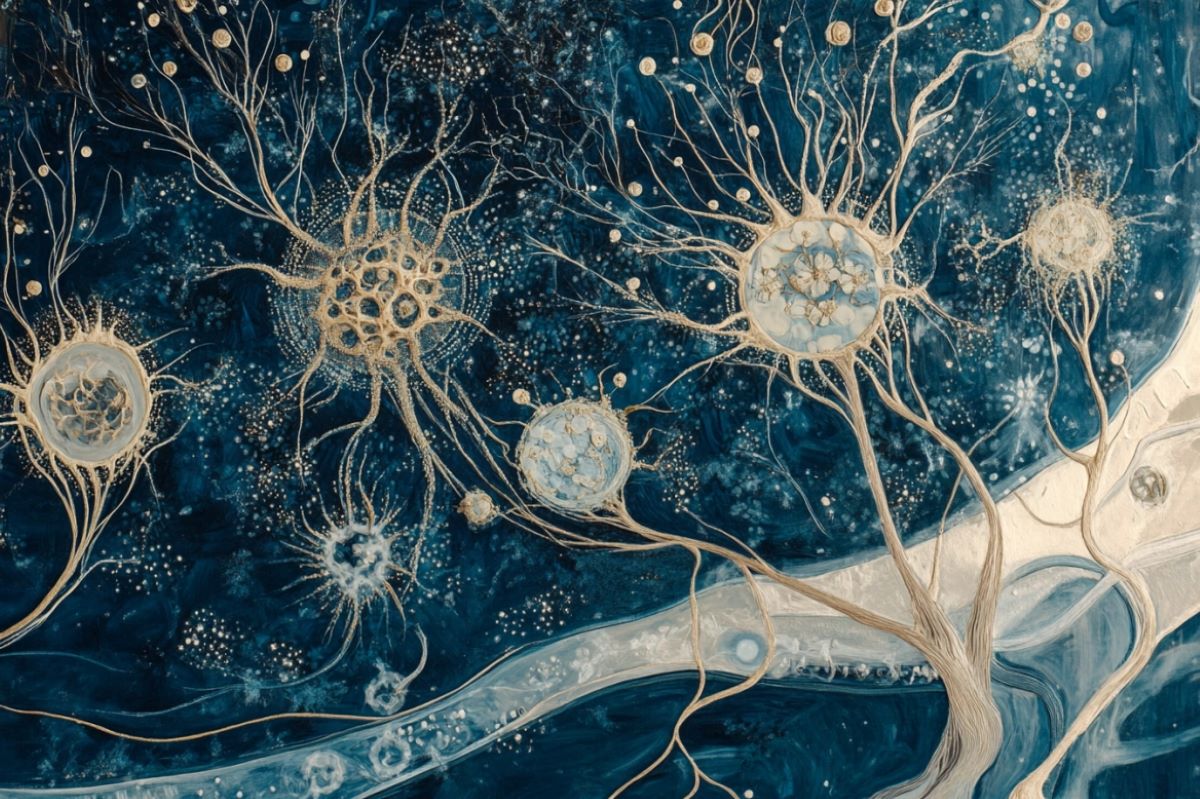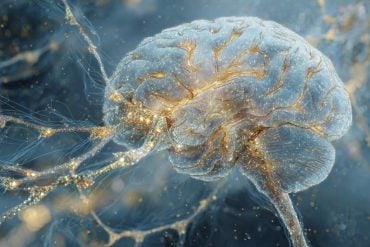Summary: Scientists are investigating the extraordinary longevity of neurons, which can survive for over 90 years, in a new research project. This study aims to uncover the genetic and molecular mechanisms that enable neurons to live so long.
The findings could not only improve understanding of neural aging but also lead to treatments for neurodegenerative diseases like Parkinson’s and ALS. The research could potentially expand beyond neurons, offering insights into extending the healthspan of other cell types.
Key Facts:
- Neurons can live for more than 90 years, but the reasons remain unclear.
- This research aims to discover genetic factors behind neural longevity.
- The findings could lead to treatments for age-related neurodegenerative diseases.
Source: Picower Institute at MIT
Neurons in the brain can live for more than 90 years, making them exceptional examples of longevity among cells, but scientists know little about how neurons achieve that long lifespan.
With a new Glenn Foundation Discovery Award, Myriam Heiman, John and Dorothy Wilson Associate Professor of Neuroscience in The Picower Institute for Learning and Memory at MIT, and her lab plan a research project that will expand on preliminary work aimed at discovering the genetic and molecular basis of neural longevity.
Heiman has long studied the mechanisms that make different cells in the brain especially vulnerable amid neurodegenerative diseases such as Parkinson’s disease, Huntington’s Disease, ALS, and frontotemporal dementia.
She said that observing the molecular markers of aging in such diseases inspired her to examine aging and longevity in neurons more fundamentally.
“The Glenn Foundation Discovery Award seeks to support investigators who have not previously been engaged in aging research, but whose research is relevant to understanding aging mechanisms and could lead to novel advances with significant potential to benefit human health and well-being,” said Mark R. Collins, President of the Glenn Foundation for Medical Research (GFMR).
Support from the award, $525,000 over three years from GFMR and the American Federation for Aging Research (AFAR), will enable Heiman’s lab to conduct rigorous and unbiased testing in the mammalian nervous system to discover genes that underly neural longevity and might restore aging-associated decline in nerve cells.
“The mechanisms that underlie the exceptional longevity of nerve cells in our brain remain unclear,” said Heiman, a faculty member in MIT’s Brain and Cognitive Sciences department.
“If they were understood, however, they could be targeted to restore nerve cell function in the context of aging and neurodegeneration, and they could also potentially be induced in other cell types of the body to increase the healthspan of the whole organism.”
Heiman said she was very grateful for the award, which will enable her and her team members to pursue this research project further.
“AFAR and GFMR are the leading funders of new and innovative scientific research in the aging field,” Heiman said.
“Their mission in this area is of great importance, since elucidating aging mechanisms at the basic scientific level will lead the way to tremendous advances in the treatment of innumerable age-associated diseases. Receiving this grant now has enabled work at a crucial early stage.”
About this neuroscience and longevity research news
Author: Myriam Heiman
Source: Picower Institute at MIT
Contact: Myriam Heiman – Picower Institute at MIT
Image: The image is credited to Neuroscience News







